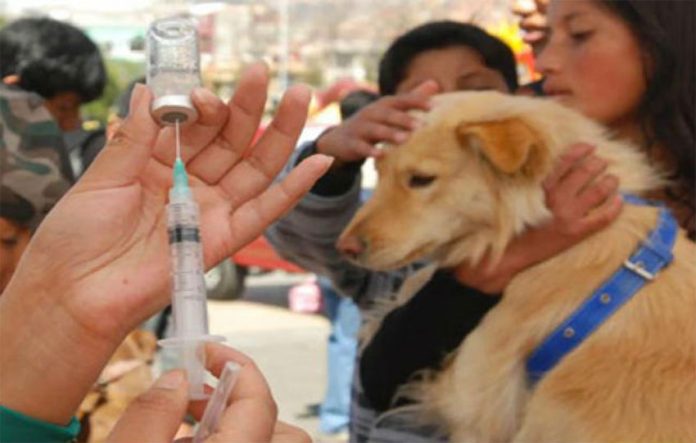Mexico has become the first country in the world to be certified by the World Health Organization (WHO) as free from human rabies transmitted by dogs.
The WHO and the Pan American Health Organization (PAHO) said in a joint statement that the last cases of rabies in the country were those of two people in México state who were attacked by dogs in 2005 and presented symptoms in 2006.
Mexico began the process to obtain rabies-free certification in December 2016.
“The validation process was extensive and included the creation of a group of independent international experts established by PAHO/WHO,” the statement said. It also included the preparation, by Mexico, of an almost 300-page file containing all the historical information about rabies in the country.
The experts traveled to Mexico in September 2018 to review the file and verify that it complied with all the requirements and a year later recommended the certification.
The heads of both organizations applauded Mexico’s achievement.
“Eliminating rabies doesn’t happen by accident,” said Dr. Tedros Adhanom Ghebreyesus of the WHO.
“It takes political resolve, careful planning and meticulous execution. I congratulate the government of Mexico on this wonderful achievement and hope many other countries will follow its example.”
Dr. Carissa F. Etienne of the PAHO said that by eliminating human rabies transmitted by dogs, “Mexico is showing the world that ending infectious diseases for the next generation is possible and is the right way forward.”
The organizations noted that to achieve the elimination of rabies, Mexico implemented a national strategy for the control of the viral disease.
It included mass vaccination campaigns for dogs that started in the early 90s, public awareness campaigns, timely diagnosis of the disease and the availability of post-exposure prevention measures in public healthcare facilities.
There were 60 cases of human rabies transmitted by dogs in 1990 but just three cases in 1999. Seven years later, there were none.
In order to keep it that way, the WHO and PAHO recommended continuing all rabies prevention, surveillance and control actions, noting that the virus continues to circulate in native animals such as bats.
The organizations said that rabies causes 60,000 deaths per year, mainly in Africa and Asia. Cases in Latin America and the Caribbean have been reduced by more than 95% in humans and 98% in dogs since 1983.
There have been no cases of dog-transmitted rabies in the Americas this year, they said.
The WHO and PAHO also noted that Mexico eliminated onchocerciasis – a parasitic tropical disease spread by black flies that can cause blindness – in 2015 and trachoma, an infectious disease that can also cause blindness, in 2017.
Source: El Financiero (sp)
